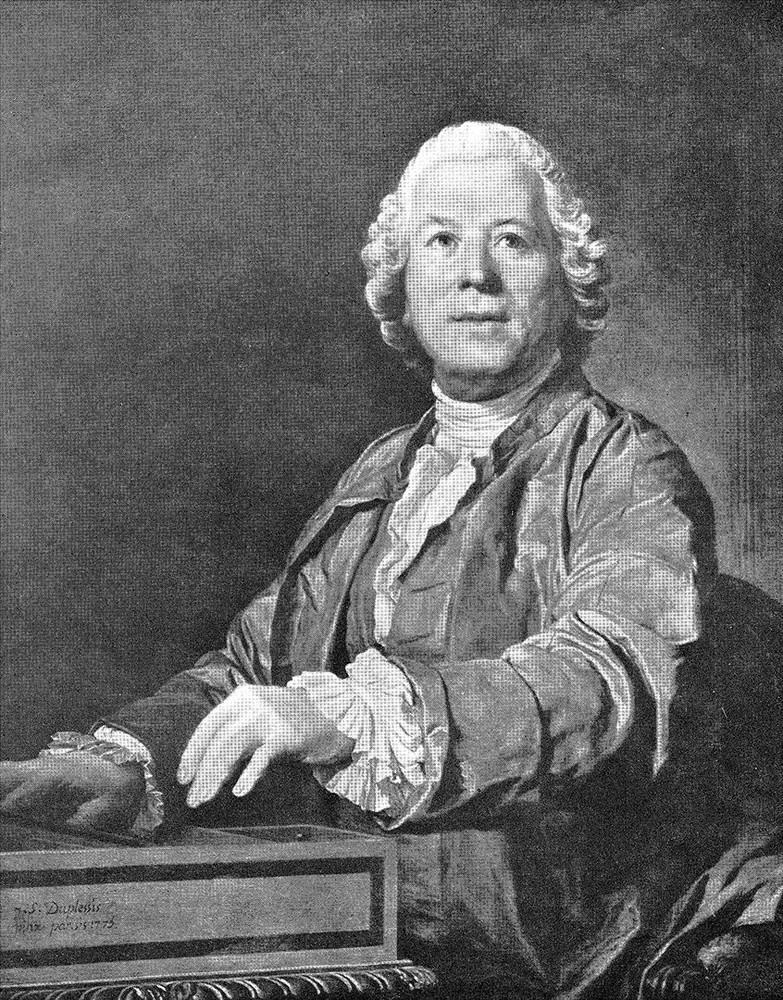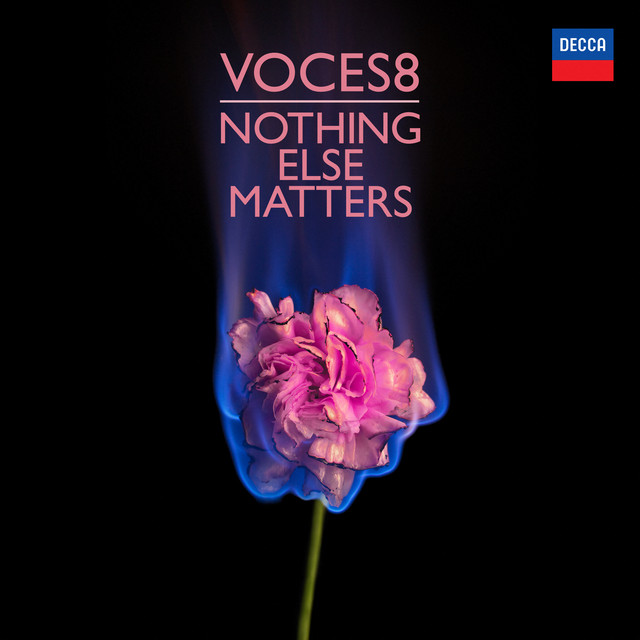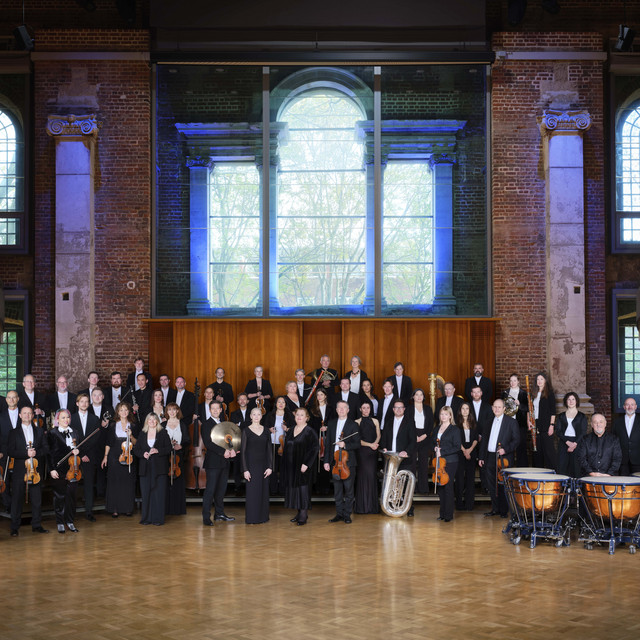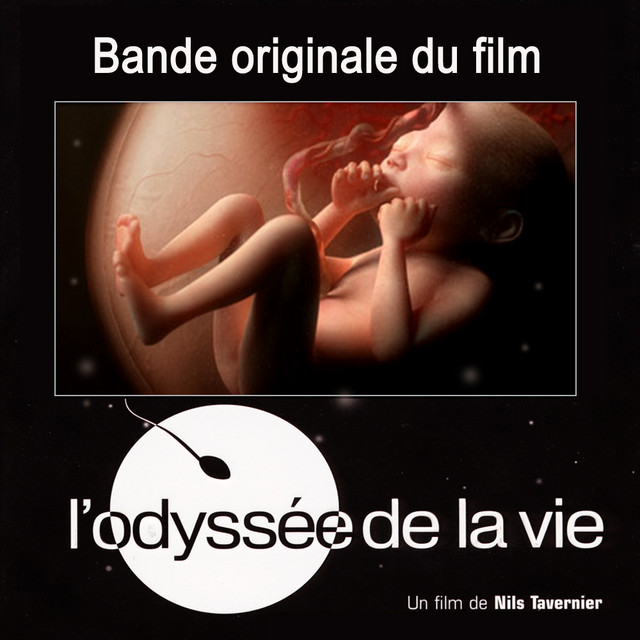Partituras MusicXML para saxofón de Gluck Christoph Willibald von

Christoph Willibald (Ritter von) Gluck (German: [ˈkʁɪstɔf ˈvɪlɪbalt ˈɡlʊk]; 2 July 1714 – 15 November 1787) was a composer of Italian and French opera in the early classical period. Born in the Upper Palatinate and raised in Bohemia, both part of the Holy Roman Empire, he gained prominence at the Habsburg court at Vienna. There he brought about the practical reform of opera's dramaturgical practices for which many intellectuals had been campaigning. With a series of radical new works in the 1760s, among them Orfeo ed Euridice and Alceste, he broke the stranglehold that Metastasian opera seria had enjoyed for much of the century. Gluck introduced more drama by using orchestral recitative and cutting the usually long da capo aria. His later operas have half the length of a typical baroque opera.
The strong influence of French opera encouraged Gluck to move to Paris in November 1773. Fusing the traditions of Italian opera and the French (with rich chorus) into a unique synthesis, Gluck wrote eight operas for the Parisian stage. Iphigénie en Tauride (1779) was a great success and is often considered to be his finest work. Though he was extremely popular and widely credited with bringing about a revolution in French opera, Gluck's mastery of the Parisian operatic scene was never absolute, and after the poor reception of his Echo et Narcisse (1779), he left Paris in disgust and returned to Vienna to live out the remainder of his life.
Seleccione una de las pistas Gluck Christoph Willibald von y reproduzca esta partitura musical en musicXML, PDF o en línea con tablaturas, tablas de digitación o simplemente desde un formato de partitura tradicional.
Nuestra base de datos musicXML es bastante grande. Es por eso que a veces puede ser un poco complicado encontrar la canción que buscas. Pero con este formulario de búsqueda avanzada, puede profundizar en nuestra base de datos con bastante facilidad. ¡Siéntete como en casa, encuentra tu partitura y toca esa partitura!
Partituras de Gluck Christoph Willibald von
![[Armide. W Acte 2, scène Esprits de haine et de rage. Mi majeur]. Extrait ; arr. %5BArmide.+W++Acte+2%2C+sc%C3%A8ne++Esprits+de+haine+et+de+rage.+Mi+majeur%5D.+Extrait+%3B+arr.](https://www.playthatsheet.com/src/img/spotify_img/album/unknown.png)
![[Orphée et Euridice. Acte 3, scène Viens Euridice, suis moi du plus constant amour] %5BOrph%C3%A9e+et+Euridice.+Acte+3%2C+sc%C3%A8ne++Viens+Euridice%2C+suis+moi+du+plus+constant+amour%5D](https://www.playthatsheet.com/src/img/spotify_img/album/unknown.png)
![Aria C Solo Con Traversière Obligato Del Sig. Cristofaro Gluck [Musique manuscrite] Aria+C+Solo+Con+Traversi%C3%A8re+Obligato+Del+Sig.+Cristofaro+Gluck+%5BMusique+manuscrite%5D](https://www.playthatsheet.com/src/img/spotify_img/album/unknown.png)
![[Arsace. Acte 1, scène Benchè copra al sole il volto. Si bémol majeur] %5BArsace.+Acte+1%2C+sc%C3%A8ne++Bench%C3%A8+copra+al+sole+il+volto.+Si+b%C3%A9mol+majeur%5D](https://www.playthatsheet.com/src/img/spotify_img/album/unknown.png)
![[Armide. W Acte 3, scène Ah ! Si la liberté me doit être ravie. Sol majeur] %5BArmide.+W++Acte+3%2C+sc%C3%A8ne++Ah+%21+Si+la+libert%C3%A9+me+doit+%C3%AAtre+ravie.+Sol+majeur%5D](https://www.playthatsheet.com/src/img/spotify_img/album/unknown.png)



















